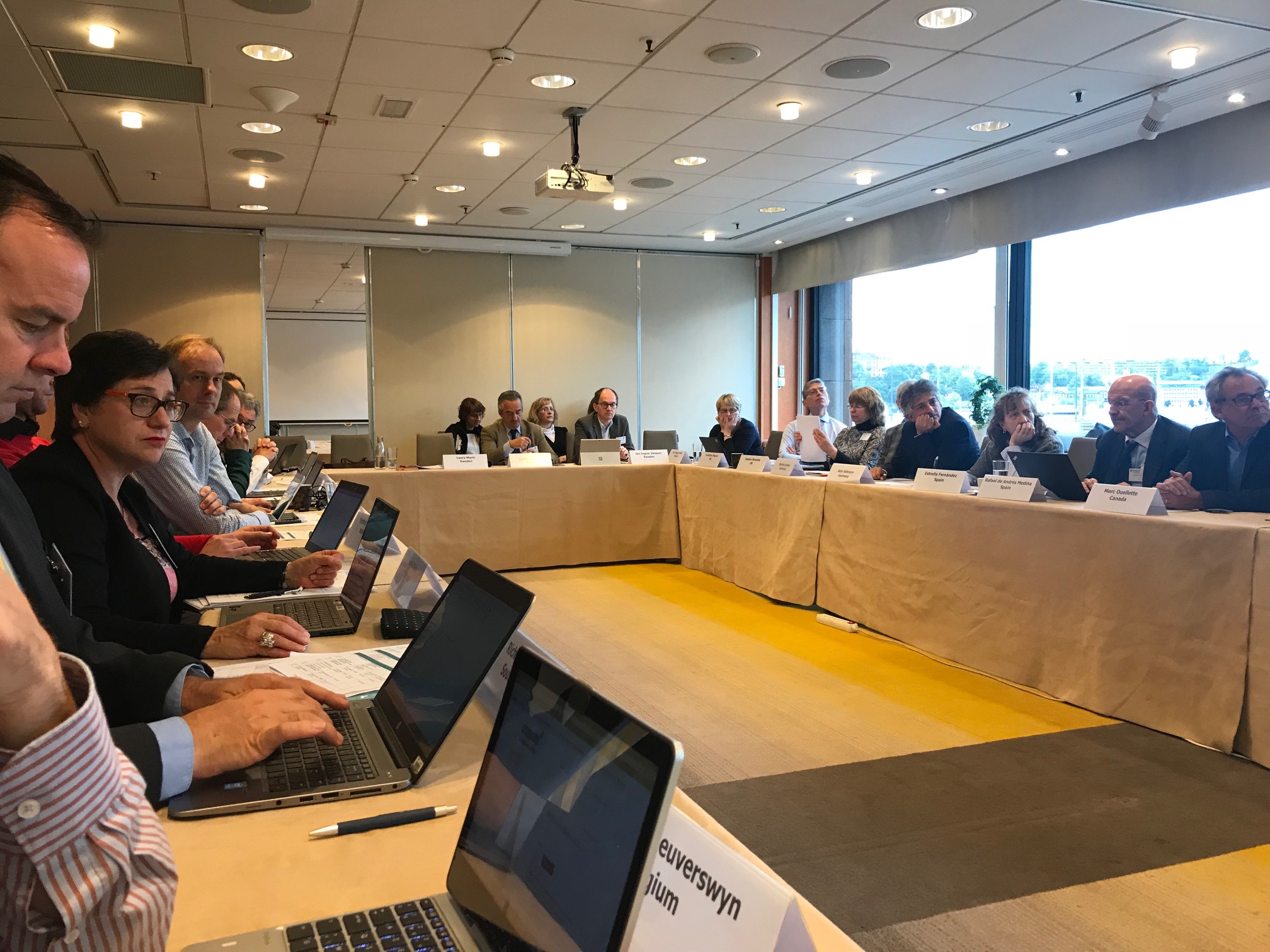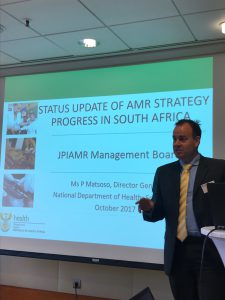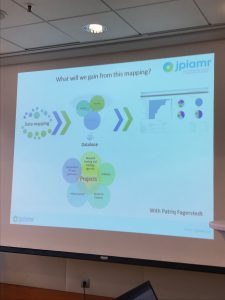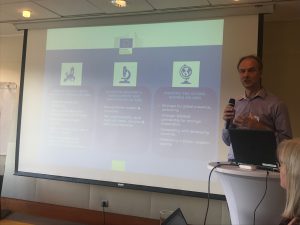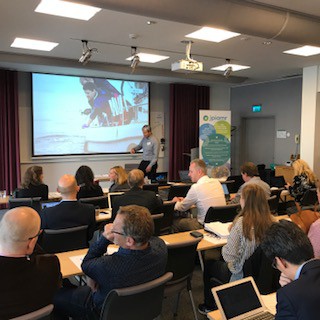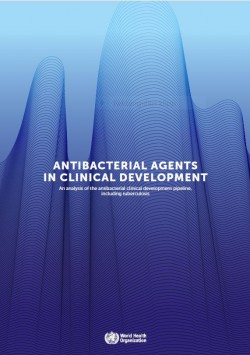Now twenty transnational research projects are invited to submit full applications within the JPIAMRs fifth Joint Call on Prevention and Intervention Strategies to control AMR infections.
Earlier this year the JPIAMR announced its fifth joint call on “Prevention and Intervention Strategies to control AMR infections”. As the deadline for submitting a pre-proposal passed on March 21st, 53 transnational consortia had submitted applications. After evaluation by a panel of international reviewers, twenty of the projects have been invited to submit a full application. The deadline for the full application is on July 4th. For more information, please visit the call page.
Facts about the fifth joint call:
The JPIAMR, in partnership with fifteen countries: Belgium, Canada, Czech Republic, Germany, Ireland, Israel, Italy, Latvia, Netherlands, Norway, Poland, Romania, Spain, Sweden and Switzerland, launched a fifth joint call for transnational research Projects.
The call targets research in the following topic:
Comparison of prevention, control and intervention strategies for AMR infections through multidisciplinary studies, including One Health approaches.
